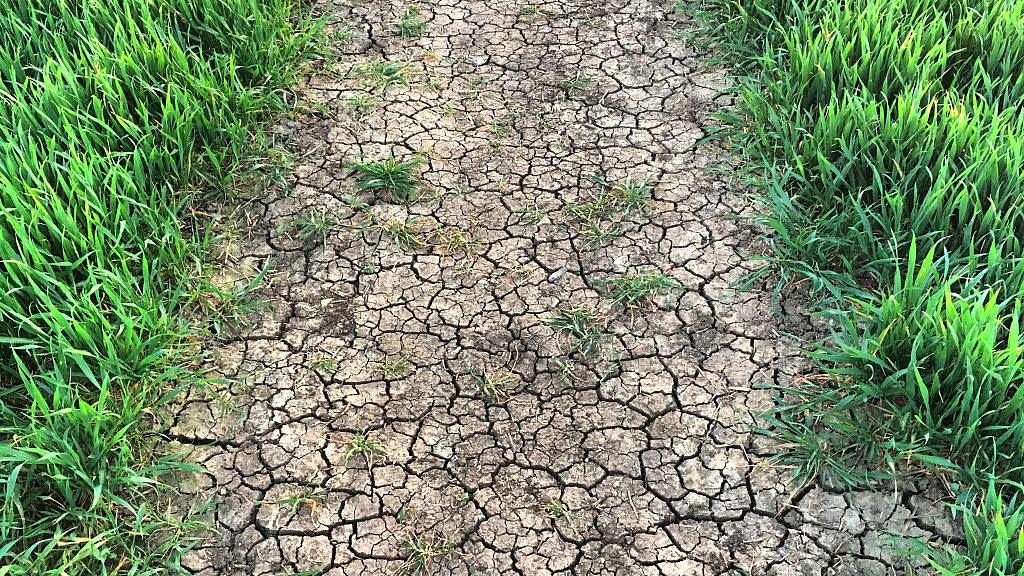Ministers green light push for healthy soils, set low thresholds

Soil protection is on track to be on an equal footing with air and water as environment ministers reached on Monday (June 17) a draft legal compromise to restore soils in the EU.
The EU executive tabled the soil monitoring law in July 2023, to increase the “limited knowledge” about the condition of soils, proposing to achieve healthy soils by 2050, with data showing more than half (60%) of the bloc's soils are in poor condition, undermining food production and biodiversity. But member states agreed instead to an “aspirational” long-term goal “not imposing an obligation” to achieve such goal “nor intermediate targets”.
The draft law requires member states to develop monitoring systems to assess soil health and offers the possibility for EU countries to use existing data and monitoring tools thus reducing potential administrative burdens. Governments will have to determine sampling points for monitoring and are expected to identify potentially contaminated sites.
During a public debate in Luxembourg on Monday, Austria and Germany abstained from backing the compromise text, according to an EU diplomat.
“Germany is a bit concerned that there is not enough leeway for rolling out renewable energies,” a second EU diplomat said, hoping that such provisions “might be revisited” during the so-called trilogues, negotiations between the Commission, the European Parliament and the Council, expected to start under the new legislative cycle.
Portugal greenlighted the draft text but endorsed Germany’s view: “We would like to ensure that we can preserve our strategic interest when it comes to critical raw materials and renewable energy,” said environment minister Maria da Graça Carvalho.
While welcoming “increased flexibilities” for member states, Sweden expressed concerns about the “inclusion of common sustainable management principles” saying it’s “too far-reaching”. Stockholm added it “should be made clear” that sustainable soil management “should only be applied to soils with poor health”, in a reference to forest soils.
Despite scrapping the obligation to reach a concrete target, governments will need to define and implement national practices to implement soils’ health and Sweden fears the “risk of double regulation”, according to an EU spokesperson, citing similar management principles already required by agricultural policies.
EU countries have to come up with measures to check soils’ health within five years of the law entering into force.
Environment commissioner Virginius Sinkevičius regretted ministers’ decision to watering down the proposal, condemning the lack of obligation to make soil monitoring management mandatory, the removal of penalties provisions and the extension of the timeline for the law’s implementation.
Caroline Heinzel, associate policy officer for soil at the NGO European Environmental Bureau (EEB) expressed concern about the “further erosion of an already weak proposal” citing the dire state of soils in the EU.
“Excessive flexibility should not undermine a unified and harmonised EU approach,” said Heinzel. “Lawmakers must now improve the text based on agreed mandates to raise the bar and create a Soil Law that works and that guarantees healthy soils across Europe by 2050,” she added.
With the Belgian EU Presidency ending its term as part of the Council’s rotating presidency, the incoming Hungarian Presidency, taking functions from 1 July, will continue the mediation of the soil monitoring law negotiations.

